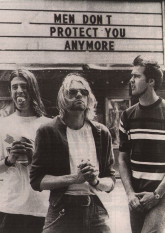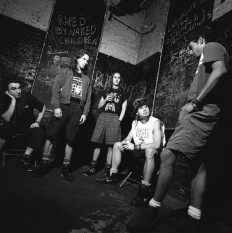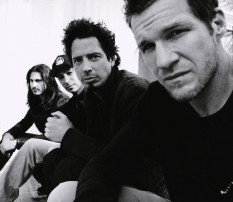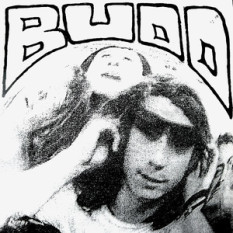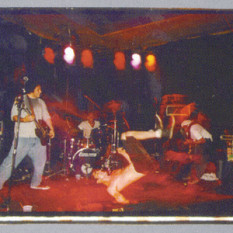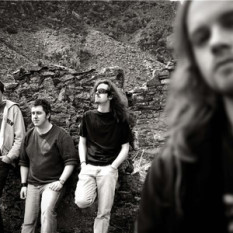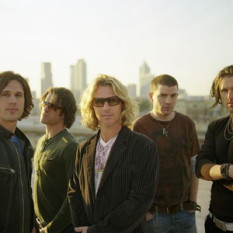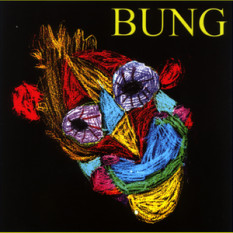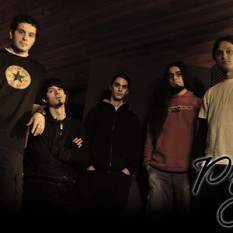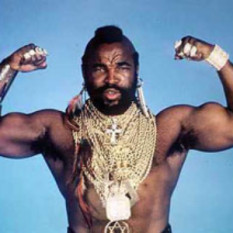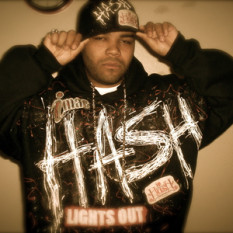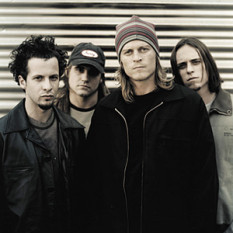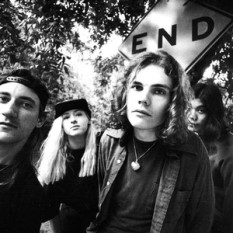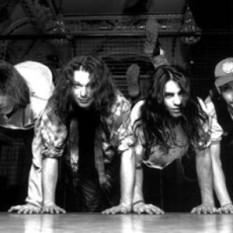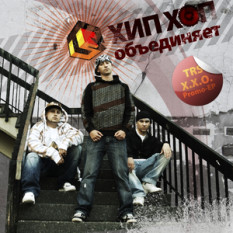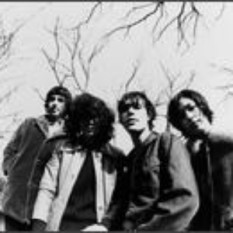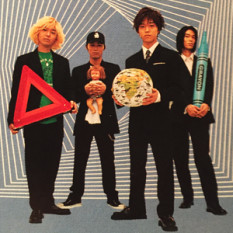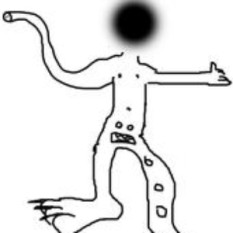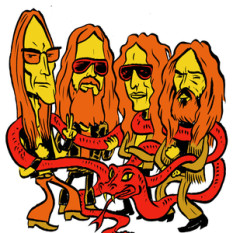Grunge is a subgenre of rock music that emerged during the mid-1980s in the American state of Washington, almost entirely in the Seattle area. "Grunge" was initially used to describe only the emerging music scene in Seattle; an unkempt collective of bands each with their own scuzzy take on 70s rock that was a reaction against the technicality and pretension of contemporary and dominant metal. Inspired by hardcore punk, metal (particularly 70s heavy metal like Sabbath and Led Zep and the overdriven proto-punk of the Stooges), and indie/ early alt. rock, grunge is generally characterized by heavily distorted electric guitars, contrasting song dynamics, and apathetic or angst-filled lyrics. The grunge aesthetic is stripped-down compared to other forms of rock music, and many grunge musicians were noted for their unkempt appearances and rejection of theatrics.
The word grunge is believed to be back-formation from the US slang adjective grungy, which originated in about 1965 as a slang term for "dirty" or "filthy". Mark Arm, the vocalist for the Seattle band Green River—and later Mudhoney—is generally credited as being the first to use the term grunge to describe this sort of music. Arm first used the term in 1981, when he wrote a letter under his given name Mark McLaughlin to the Seattle zine, Desperate Times, criticizing his band Mr. Epp and the Calculations as "Pure grunge! Pure noise! Pure shit!" Clark Humphrey, editor of Desperate Times, cites this as the earliest use of the term to refer to a Seattle band, and mentions that Bruce Pavitt of Sub Pop popularized the term as a musical label in 1987–88, using it on several occasions to describe Green River. Arm used grunge as a descriptive term rather than a genre term, but it eventually came to describe the punk/metal hybrid sound of the Seattle music scene.
The early grunge movement coalesced around Seattle independent record label Sub Pop in the late 1980s. The main pioneer bands who developed grunge were Green River, Malfunkshun, The Melvins, and Soundgarden. Grunge became commercially successful in the first half of the 1990s, due mainly to the release of Nirvana's Nevermind and Pearl Jam's Ten. The success of these bands boosted the popularity of alternative rock and made grunge the most popular form of hard rock music at the time. However, many grunge bands were uncomfortable with this popularity. Although most grunge bands had disbanded or faded from view by the late 1990s, their influence continues to impact modern rock music.
During the mid-1990s many grunge bands broke up or became less visible. Kurt Cobain, labeled by Time as "the John Lennon of the swinging Northwest," appeared "unusually tortured by success" and struggled with an addiction to heroin. Rumors surfaced in early 1994 that Cobain suffered a drug overdose and that Nirvana was breaking up. On April 8, 1994, Cobain was found dead in his Seattle home from an apparently self-inflicted gunshot wound; Nirvana summarily disbanded. That same year Pearl Jam canceled its summer tour in protest of what it charged as ticket vendor Ticketmaster's unfair business practices. Pearl Jam then began a boycott of the company; however, Pearl Jam's initiative to play only at non-Ticketmaster venues effectively, with a few exceptions, prevented the band from playing shows in the United States for the next three years. In 1996 Alice in Chains gave their final performances with their ailing estranged lead singer, Layne Staley, who subsequently died from overdosing on speedballs (heroin cocaine mix) in 2002. That same year Soundgarden and Screaming Trees released their final studio albums, Down on the Upside and Dust, respectively. Soundgarden broke up the following year.
Some grunge bands have continued recording and touring with more limited success, including, most significantly, Pearl Jam. While in 2005 Rolling Stone writer Brian Hiatt described Pearl Jam as having "spent much of the past decade deliberately tearing apart their own fame," he noted the band developed a loyal concert following akin to that of the Grateful Dead. Despite Nirvana's demise, the band has continued to be successful posthumously. Due to the high sales for Kurt Cobain's Journals and the band's best-of compilation Nirvana upon their release in 2003, The New York Times argued Nirvana "are having more success now than at any point since Mr. Cobain's suicide in 1994."
"In any case, by 1992 grunge was at the peak of its popularity and the group’s trademark sound in no way resembled that of commercially successful acts such as Soundgarden or Pearl Jam (though, ironically, King’s X were partly responsible for inspiring grunge; Pearl Jam bassist Jeff Ament once said, “King’s X invented grunge”)."
For more information, see here .

